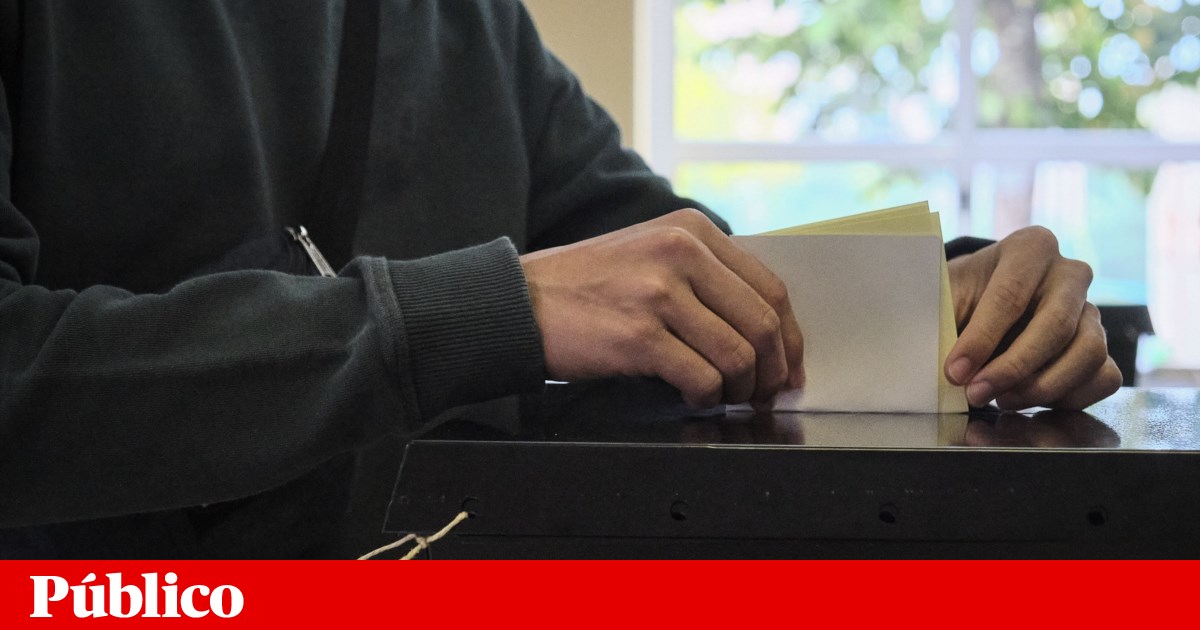“The people who elect the corrupt are not a victim. They are a partner!” This was one of the phrases chosen by a student from the Colégio do Sagrado Coração de Maria, in Lisbon, for a poster as part of a transparency and integrity education project carried out within the scope of the first edition of the RedEscolas Anti-Corruption Programme, launched in the academic year 2021/22.
Students of the Marco de Canavese Vocational School of Agriculture and Rural Development chose to survey the political platforms of different parties to understand what each one stands for in the fight against corruption. They gave a presentation to their colleagues explaining the measures defended by each party.
RedEscolas AntiCorruption is an initiative of the civic association All4Integrity created by university professor André Corrêa d’Almeida, who teaches at Columbia University in the United States. The network is coordinated by Angela Malhero, Vice President of All4Integrity and history teacher for over 25 years. “We are in the second edition of the program and have gone from 17 to 50 schools and from a total of 1,070 participating students to 4,100,” says the teacher, who admits that she did not expect such a large growth in the program in just one year.
“Our goal was to create an anti-corruption literacy program that reaches schools without a fatalistic vision of this subject and without focusing on media issues. We don’t want to politicize the subject, but rather talk about what corruption is, the wedge,” describes Angela Malhero. The initiative targets students between the ninth and twelfth grades, and projects can be combined in different disciplines.
On the All4Integrity website there are interactive tools that facilitate the analysis of public data on integrity and corruption, as well as various educational materials. Since the founder of this association is a Portuguese immigrant in the United States, there has been interest in expanding the program to all places where there are Portuguese people and Portuguese is spoken. Hence, out of the 50 schools currently participating in the initiative, three are outside Portugal (one in Northern Ireland, one in Macau, and one in Mozambique). For the next edition, you must enter schools located in Brazil, the United States and Cape Verde.
In October 2021, roughly coinciding with the launch of the All4Integrity programme, the Corruption Prevention Council (CPC), set up in 2008, launched the Schools Against Corruption Network, in competition format. “Each member is responsible for creating web pages dedicated exclusively to the dissemination of evidence of actions carried out in this field. A national jury evaluates the publications and annually selects the school that has developed the most comprehensive and interesting intervention, to which the Committee for the Protection of Civilians credits a prize of 1,500 euros and its partner Plano Nacional de Leitura 2027 the amount of 300 euros intended for the school library “, reads the balanced report of the activity of the 14 years of the Council, an object that will soon end with the final installation of the National Anti-Corruption Mechanism (MENAC).
At the end of 2021, this network had about 70 participating schools, of which approximately thirty have already created online pages dedicated to presenting their projects and initiatives in areas related to fraud, bribery and corruption. The project must be preserved, explains PBLICO, MENAC Vice-President Olívio Amador, having already set up a jury that will evaluate the various pages on the Internet.
This was not the only educational project that worked over the course of nine years with about 1,300 schools, both public and private, and nearly 40,000 children and youth. At the end of 2012, the “Images Against Corruption” competition was launched, which included nine courses, and in 2017 the “Mais Vale Prevenir” project focused on the school community.

“Hardcore alcohol maven. Hipster-friendly analyst. Introvert. Devoted social media advocate.”

